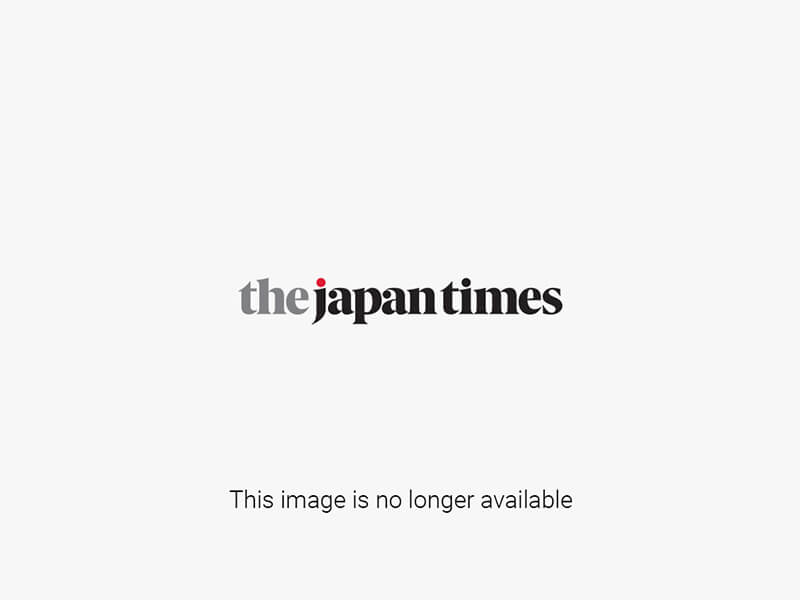Investors are reviving one of the most unprofitable wagers of the past two decades and betting that a combination of politics and price pressures would prompt the unthinkable: a hawkish shift at the Bank of Japan, perhaps as soon as the summertime.
The modern pioneer of quantitative easing has given no such hint. But rising inflation, an election on the horizon and a falling yen, which is driving up the cost of living, have roused a bond market dulled by years of intervention.
Yields have leapt to their highest since the BOJ began its policy of targeting interest rates in 2016, as traders figure that something has got to give, and there is mounting pressure on both sides of the central bank's targeted 10-year tenor.



